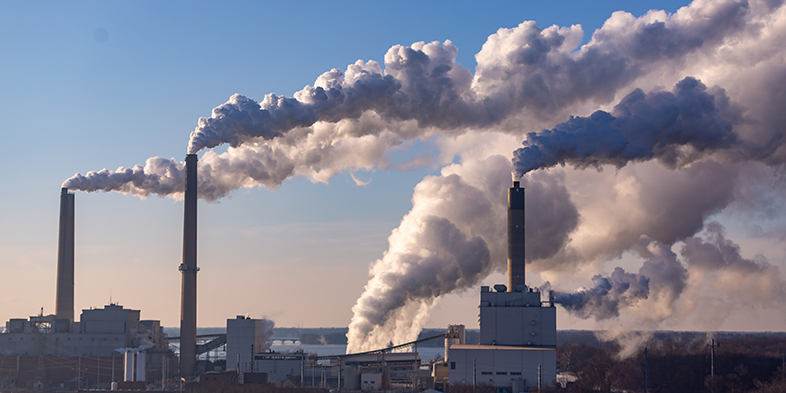First climate lawsuit against a commercial bank: NGOs take legal action against BNP Paribas for funding fossil-fuel development

On February 23, 2023, three NGOs – Friends of the Earth France, Notre Affaire à Tous, and Oxfam France – announced they had commenced legal proceedings against BNP Paribas, challenging the bank’s energy loans policy under the French Duty of Vigilance Law. This is the first climate-related lawsuit in the world involving a commercial bank.
This claim comes only a few weeks after ClientEarth, a NGO based in London, commenced the first climate litigation claim against a company’s board of directors by filing a derivative action in the High Court of England and Wales alleging that Shell plc’s climate strategy is unreasonable (see our previous post discussing that claim here).
Action challenges BNP Paribas’s investment activities
The legal basis for the NGOs’ claim is France’s Duty of Vigilance Law passed in 2017, which added Article L. 225-102-4 to the French Commercial Code. Article L. 225-102-4 requires that certain companies operating in France, including French companies with more than 5,000 employees, establish and implement a vigilance plan that describes how they will prevent human rights and environmental violations. If a plan is not properly formulated or fails to effectively assess and mitigate such violations, the company can be held responsible for the damages it could have prevented.
The three NGOs are arguing that BNP Paribas has contravened France’s Duty of Vigilance Law by failing to provide a robust plan to identify, mitigate and prevent risks related to climate change. The NGOs stated that, while BNP Paribas has developed several policies aimed at limiting its support of fossil fuels, these policies are too limited and will not comply with the objective established during the Paris Agreement to limit global warming to 1.5°C. The NGOs are ultimately demanding that the bank reduce its financing of fossil fuel production by adopting a plan to exit the oil and gas sectors by 2050.
In response, BNP Paribas denied the allegations and expressed regret that the advocacy groups chose litigation over dialogue. BNP Paribas agreed that an ecological transition is the only sustainable path for the future economy and reiterated its focus on accelerating renewable energy financing and supporting customers transitioning to renewable energy sources. However, the bank stated that that it could not immediately stop all fossil fuel financing, as demanded by the NGOs.
Other countries around the world have established or are in the process of establishing laws somewhat akin to France’s Duty of Vigilance Law, requiring that companies operating in their jurisdictions take specific due diligence procedures to implement sustainable and environmentally responsible business practices.
At this point, it is premature to predict the effect this case could have on businesses operating in Canada. Nonetheless, considering the possible establishment of a legal precedent, the lawsuit should be closely monitored as it proceeds through the French court system.
Read the full Update posted on April 27, 2023.